Live long… live long… our leader, Modi, live long! The Bohra community—are they friends or traitors of Muslims? Praising the government for the Waqf Bill… appealing to the government to exclude the Bohra community from the Waqf!
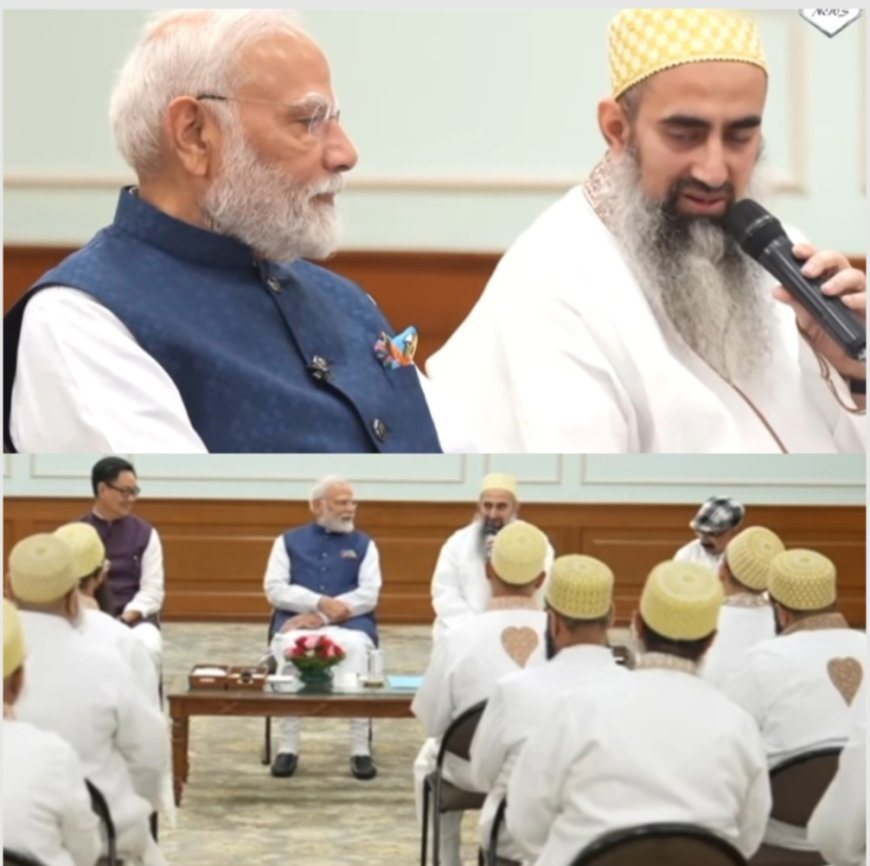
On April 17, 2025, a delegation from the Dawoodi Bohra community met with Prime Minister Narendra Modi and expressed their gratitude for the Waqf (Amendment) Act, 2025. The community called the new Waqf law a “historic step” and a fulfillment of their long-standing demands. However, several Muslim organizations and leaders have accused the Bohra community of “double standards” and “betrayal” of the larger Muslim interests. These accusations gain significance in light of the alleged request made by the Bohra community to be excluded from the purview of the Waqf Act, while publicly supporting it.
In this article, senior journalist Ali Raza Abidi critically analyzes the Bohra community's stance, the provisions of the Waqf Bill, and its broader implicationjs.
The Waqf (Amendment) Act, 2025, has been passed by both houses of Parliament and has received presidential assent. The government has issued a notification for its implementation. The law aims to bring transparency in the management of waqf properties, prevent corruption, and promote the welfare of underprivileged Muslims—especially women and children.
However, the Supreme Court has placed an interim stay on certain provisions, and the next hearing is scheduled for May 5, 2025.
Key Provisions of the Bill:
Representation of Shia, Sunni, Bohra, Agha Khani, and backward Muslim communities in Waqf Boards.
Appointment of at least two non-Muslim members in the Central Waqf Council and State Boards.
Strict regulations to prevent misuse of waqf properties.
Emphasis on the protection of the rights of women and marginalized Muslims.
This bill has caused a clear split within the Muslim community. One section views it as a reformative measure for the benefit of Muslims, while another sees it as an infringement on religious autonomy and an attempt by the government to seize Muslim assets. The Bohra community’s stance further complicates the matter.
The Dawoodi Bohra community—a wealthy and influential Shia sub-sect—has publicly praised the Waqf Bill. Their representatives called it the fulfillment of a long-pending demand and expressed confidence in Prime Minister Modi’s vision of “Sabka Saath, Sabka Vikas, Sabka Vishwas.” However, according to some sources and Muslim leaders, the Bohra community has privately demanded to be excluded from the jurisdiction of the Waqf law.
This contradictory approach raises serious questions:
If the Bohra community finds the bill so beneficial, why are they hesitant to have it applied to themselves?
Is this merely a strategy to strengthen ties with the ruling party?
When numerous Muslim organizations and leaders are labeling this bill as “anti-Muslim” and a “conspiracy to seize properties,” isn't the Bohra community’s support for it against the collective interests of the Muslim society?
The Bohra community is deeply influenced by their spiritual leader, the Syedna. Could this support be a personal strategy of Syedna Mufaddal Saifuddin to align the community with government policies and thereby extend his influence?
AIMIM leader Asaduddin Owaisi has strongly criticized the Bohra community on this matter. He accused Home Minister Amit Shah of deceiving the Bohra community, stating that the Waqf Bill contains none of their specific demands. Owaisi called this situation a “conspiracy to use the Bohra community as a pawn.”
The Bohra community, estimated to be 1–1.2 million in India, resides mainly in Gujarat, Maharashtra, Madhya Pradesh, and Rajasthan. Known for their progressive image, business acumen, and community solidarity, they are led by Syedna Mufaddal Saifuddin, who holds immense influence within the community.
The relationship between Narendra Modi and the Bohra community has long been a subject of discussion. As Gujarat’s Chief Minister, Modi cultivated close ties with them, which benefited from his pro-business policies. His attendance at Bohra community events in Indore (2018) and Mumbai (2023) further solidified these ties.
Though the community distanced itself from the BJP following the 2002 Gujarat riots, Modi’s economic approach and personal rapport with the Syedna brought them back into alignment with the BJP. This strategic alliance has once again come to the fore in the context of the Waqf Bill.
However, interpreting the Bohra community’s dual approach purely through the lens of self-interest would be simplistic. It could also be a calculated move to safeguard their interests while maintaining their influence with the ruling party. But at what cost?
At a time when Muslim communities in places like Darbhanga and Murshidabad are protesting against the Waqf Bill, the Bohra community’s support for it becomes a divisive stance. Their claim that the bill fulfills their demands seems hollow when they themselves seek exemption from its provisions. This not only undermines their credibility but also breeds mistrust among other Muslim communities.
Some fear that the community is being used to soften the BJP’s "anti-Muslim" image. Owaisi’s comment—that the Bohra community has been used as a shield—adds weight to this suspicion.
While this strategy might offer short-term benefits, it risks alienating them from the larger Muslim society in the long term. The community’s silence or support in light of controversial provisions—like the inclusion of non-Muslim members in Waqf boards—sets a dangerous precedent.
There is widespread discontent in the Muslim community regarding the Waqf Bill. Violent protests have erupted in regions like Murshidabad, Suti, Dhulian, and Jangipur in West Bengal. In Darbhanga, Congress leader Nazia termed the bill a “black law” and a conspiracy to seize Muslim properties. Amid these protests, the Bohra community’s support for the bill appears ironic—and raises the question: are they sacrificing the broader interests of the Muslim society to preserve their own influence and property?
The Bohra community claims the bill will ensure transparency and benefit underprivileged Muslims, especially women and children. But when they themselves demand exclusion, their claims appear empty. Is this just a façade to strengthen government ties and protect their own assets from state control?
The Bohra community’s dual policy regarding the Waqf Bill is a dangerous game. On one hand, they praise the bill to align with the ruling party; on the other, they privately seek exemption, revealing self-interest. While this may serve them in the short run, it threatens to isolate them from the larger Muslim community and fracture intra-community unity.
The Bohra community must recognize that such a dual strategy not only weakens their credibility but also signals that they prioritize their own interests above those of the broader Muslim population. At a time when Muslims across the country are uniting in opposition to this bill, the Bohra community’s stance appears not just as betrayal—but as a precedent that may prove harmful to the Muslim community in the future.
“The Bohra community recited praises for the Waqf Bill, but by demanding exemption for themselves, they proved that the slogan ‘Sabka Saath, Sabka Vikas’ applies only to their self-interest.”
Now is the time for the Bohra community to reconsider its strategy and show solidarity with the larger Muslim community,or else risk being remembered in history not for their principles, but for their opportunism and betrayal.
[To be continued]
What's Your Reaction?








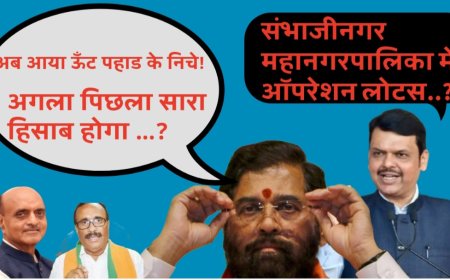
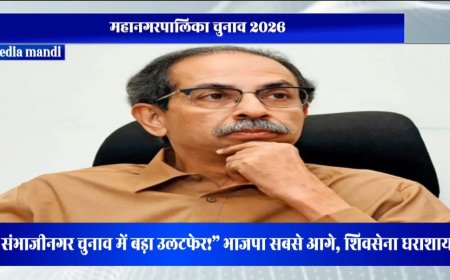
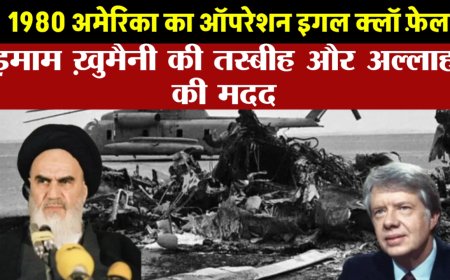




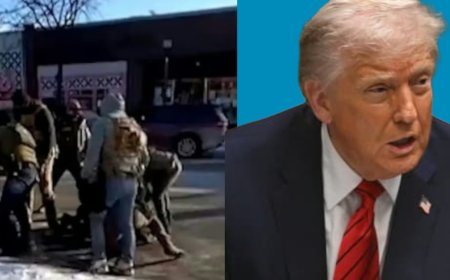
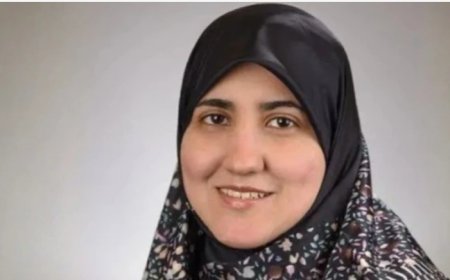
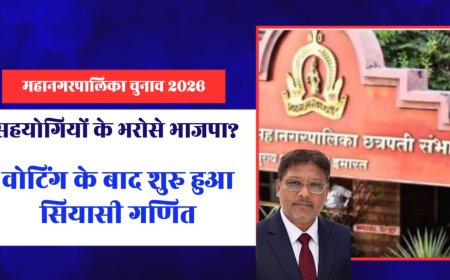
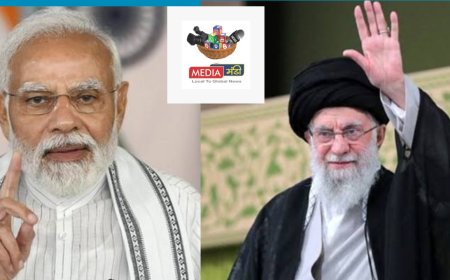

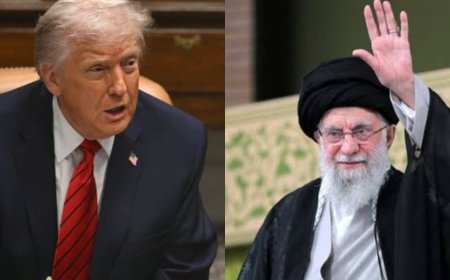
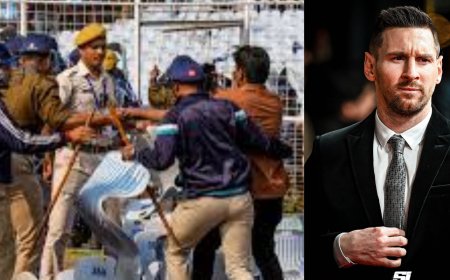
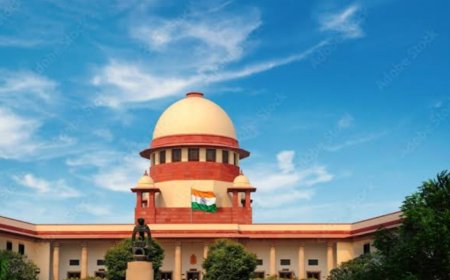
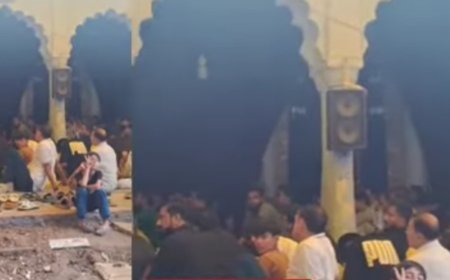
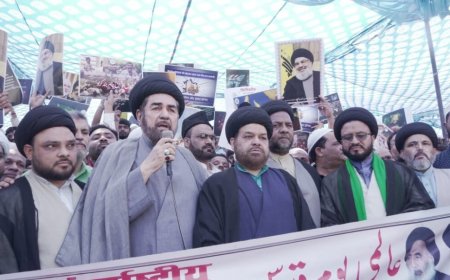
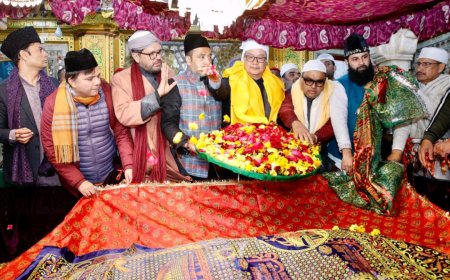
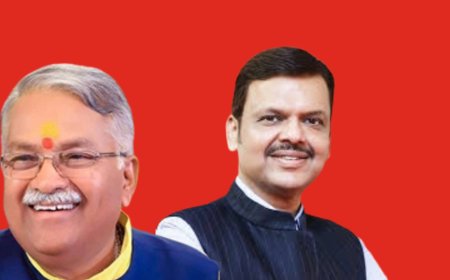
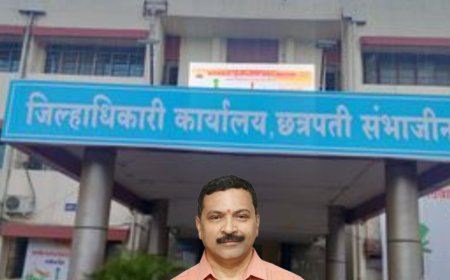
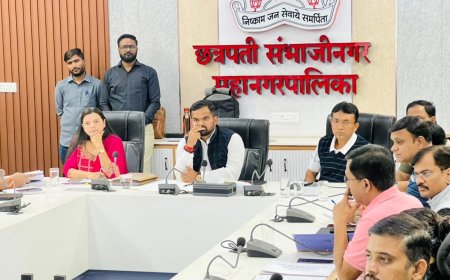
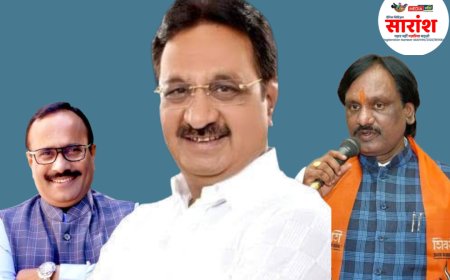
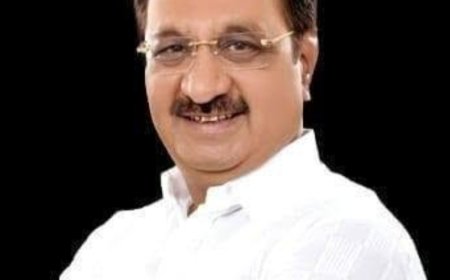
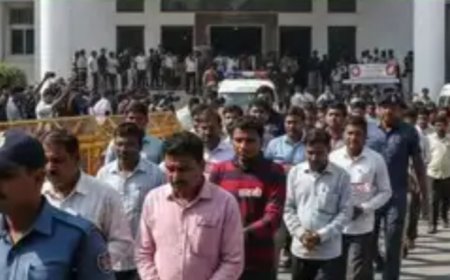
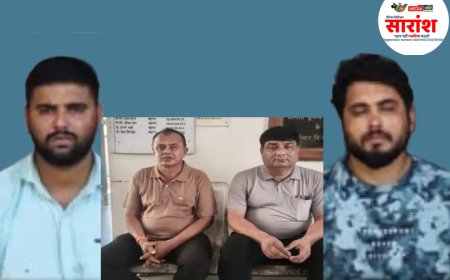

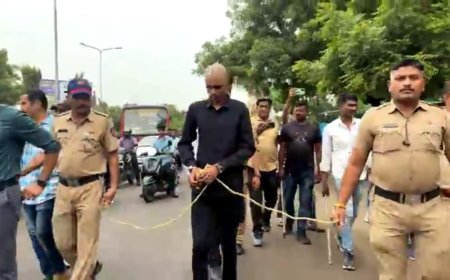
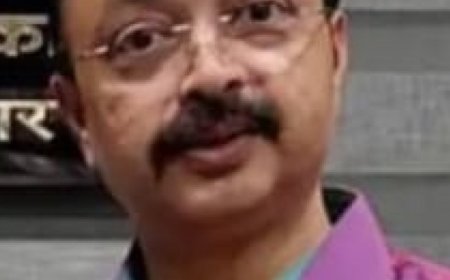


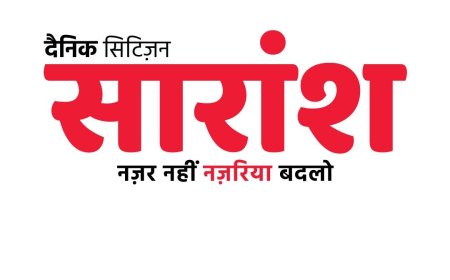

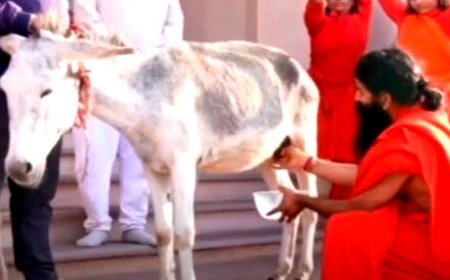
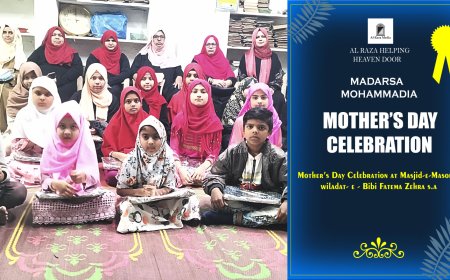

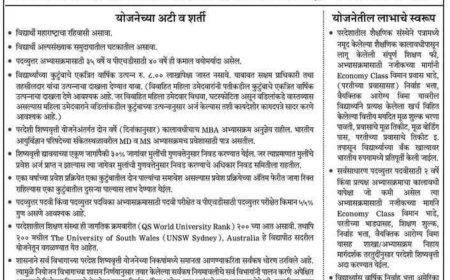
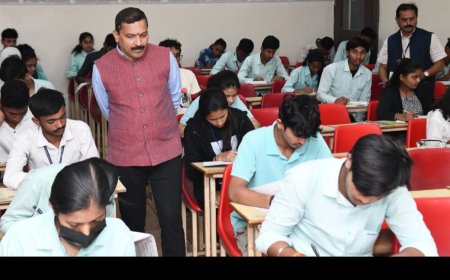
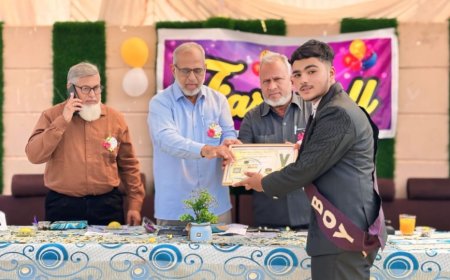
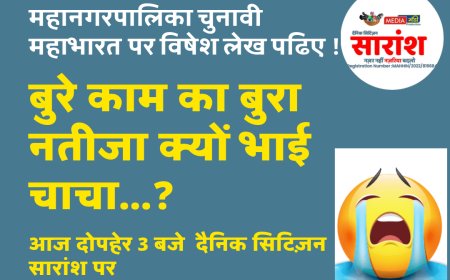
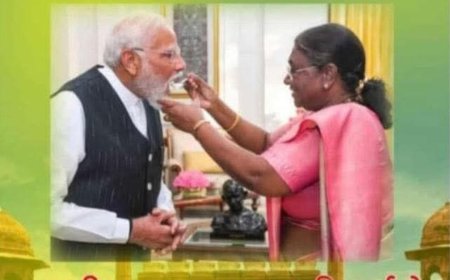
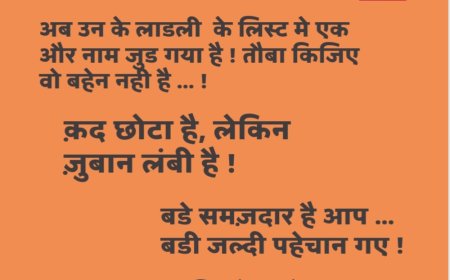
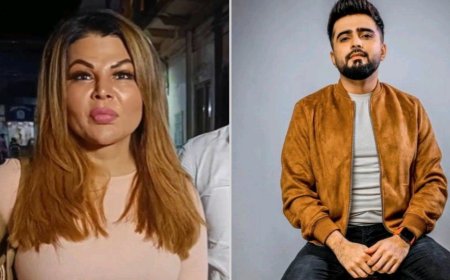
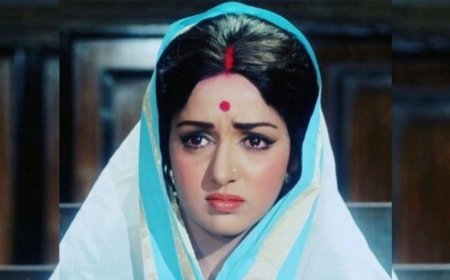
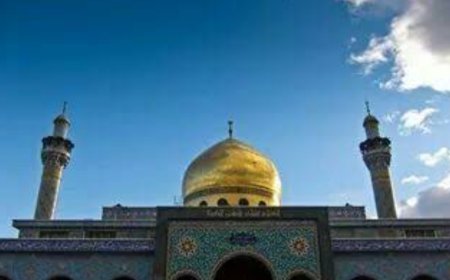

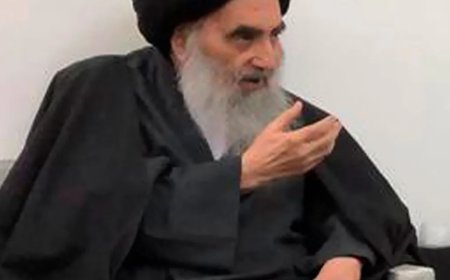
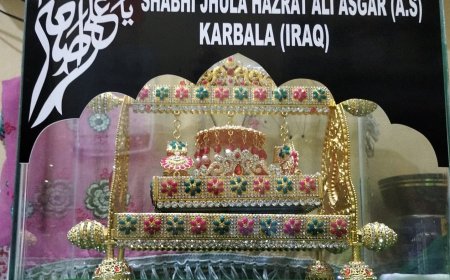

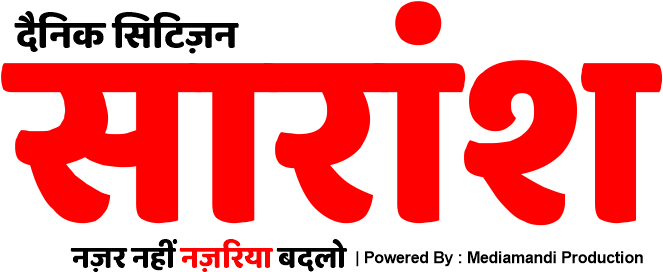

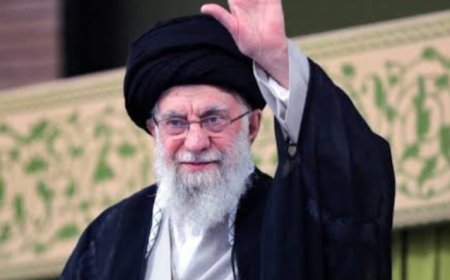





![10 महोर्म आशुरा जुलुस औरंगाबाद [छ. संभाजीनगर]](https://citizensaransh.com/uploads/images/202407/image_140x98_669795efe1616.jpg)
